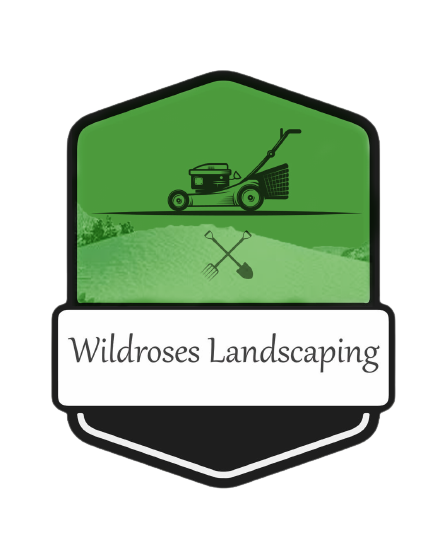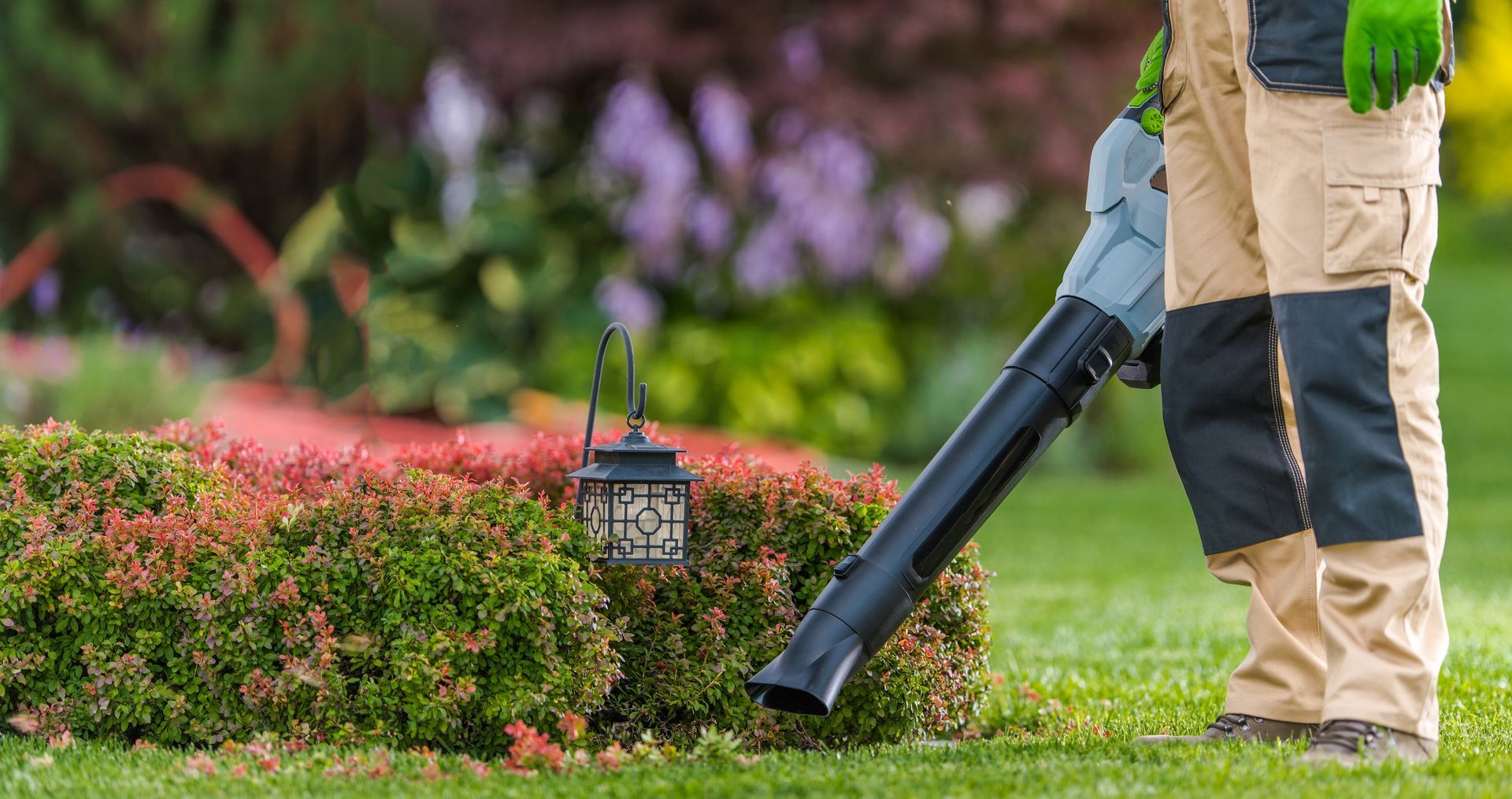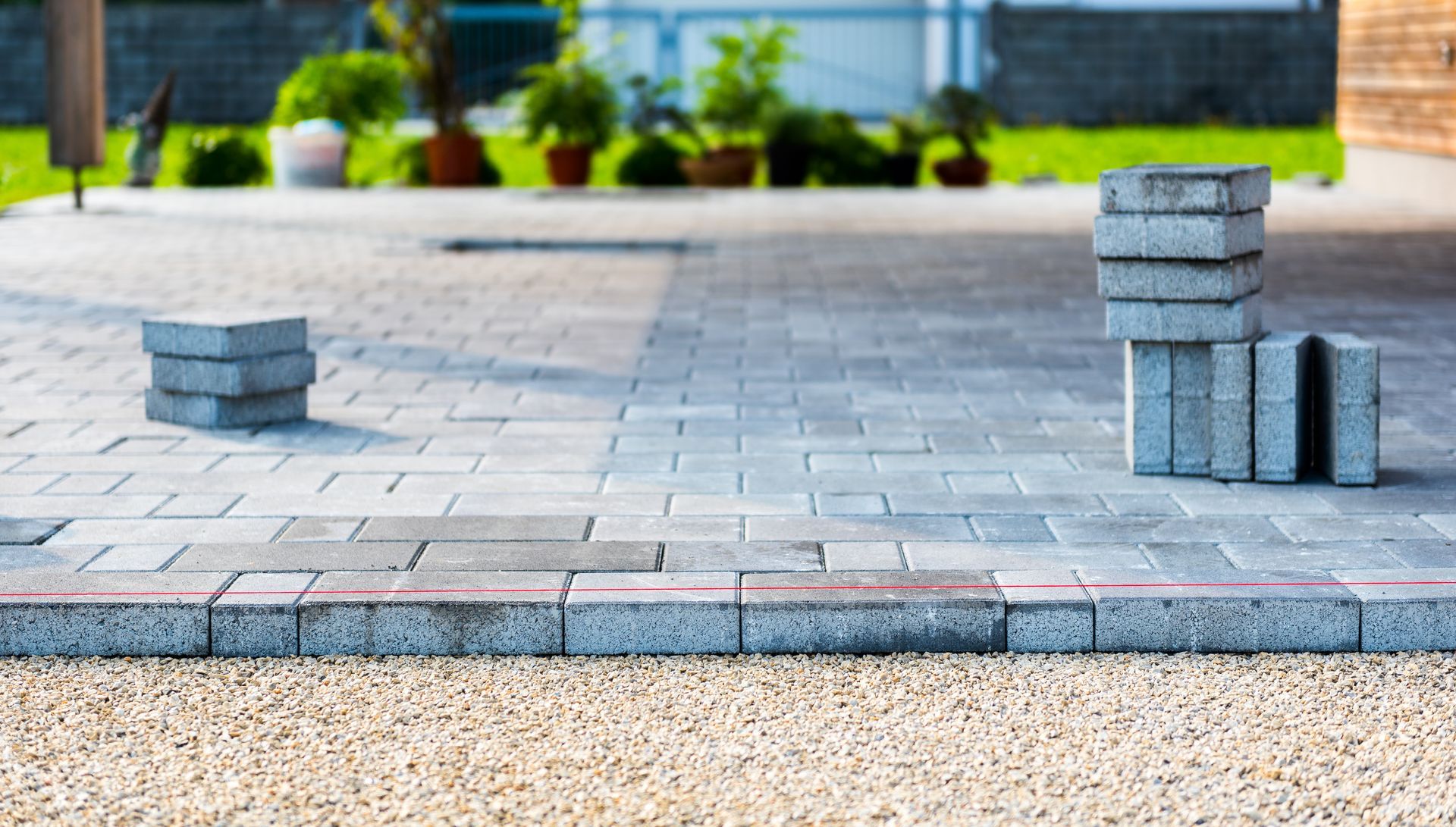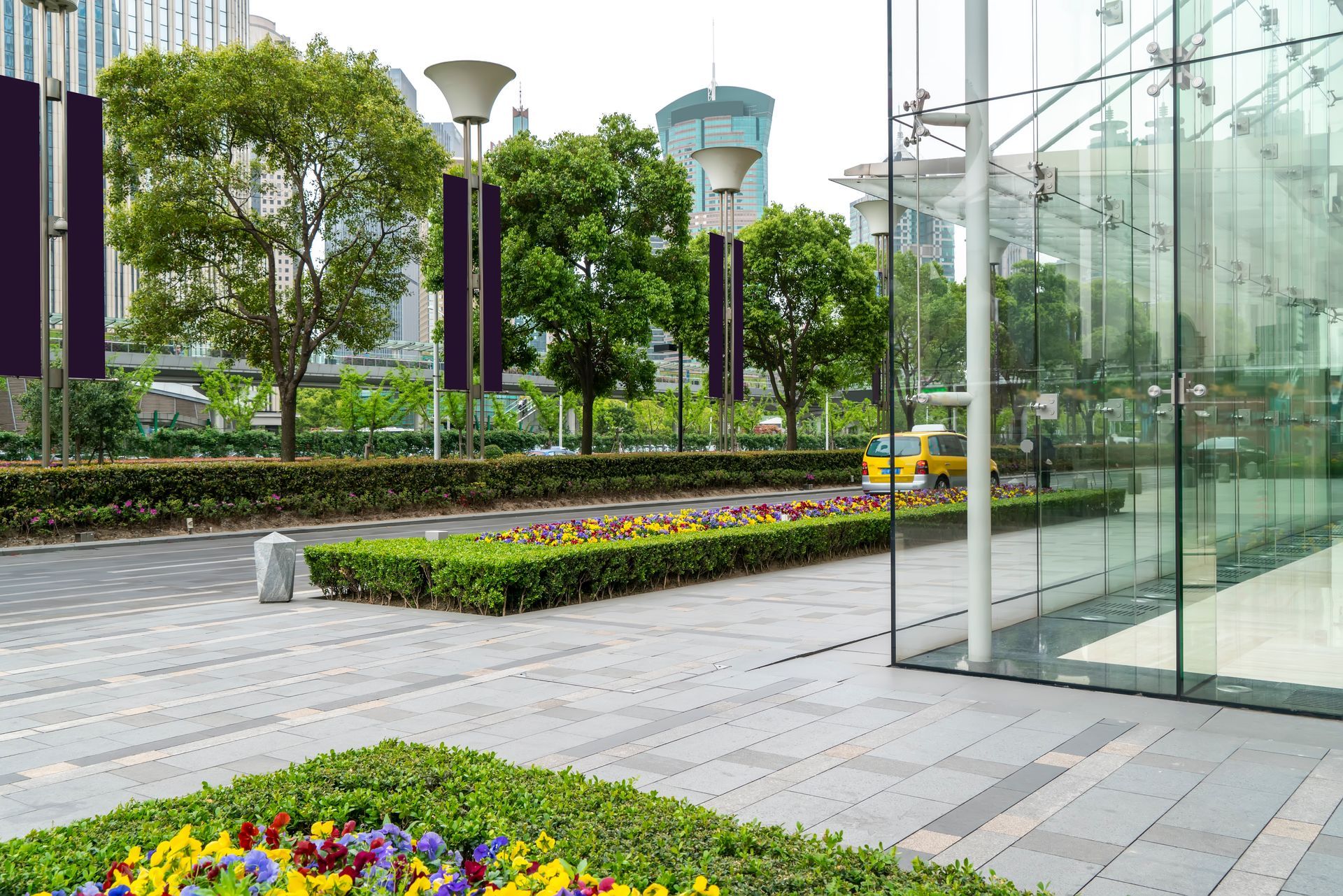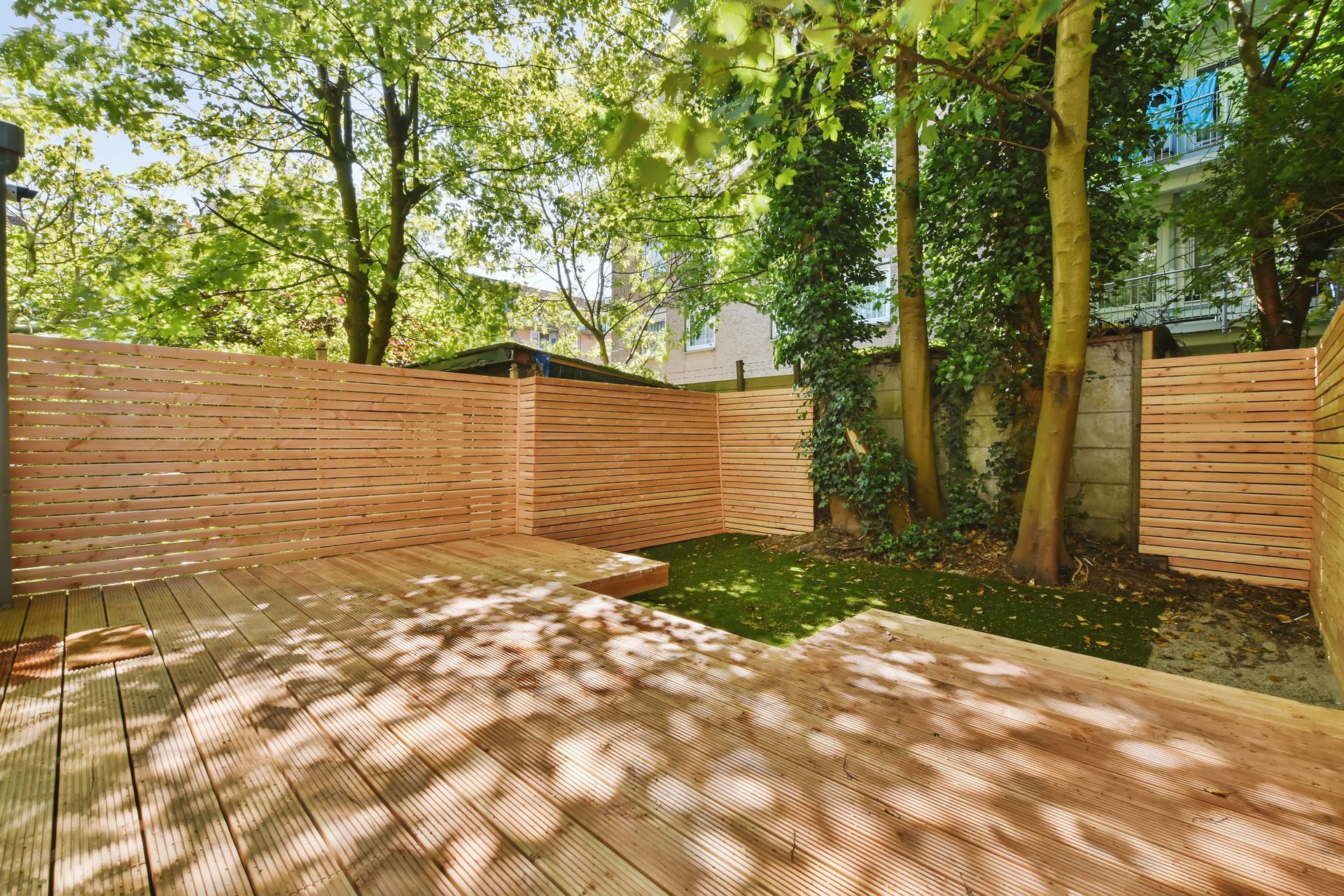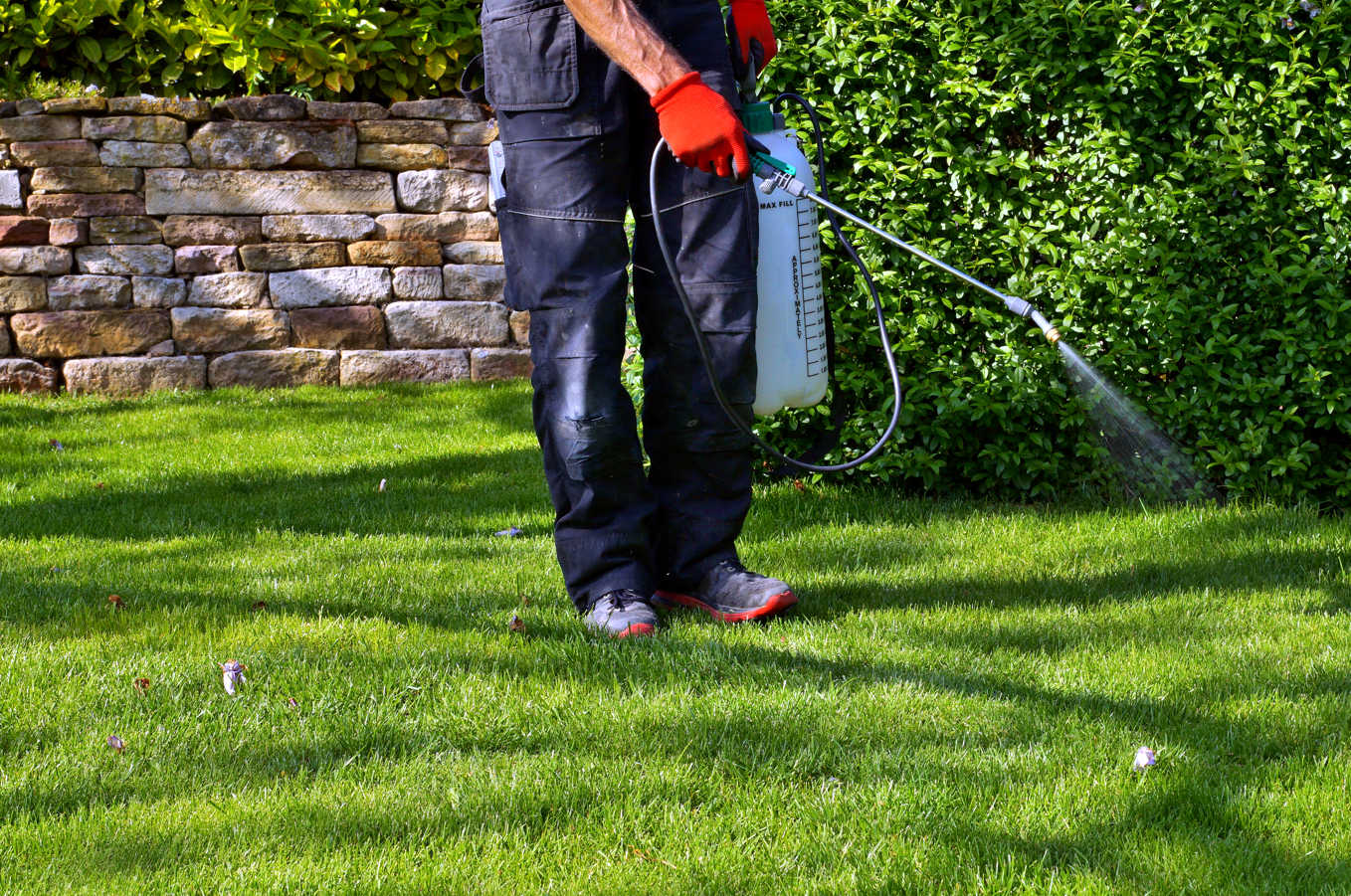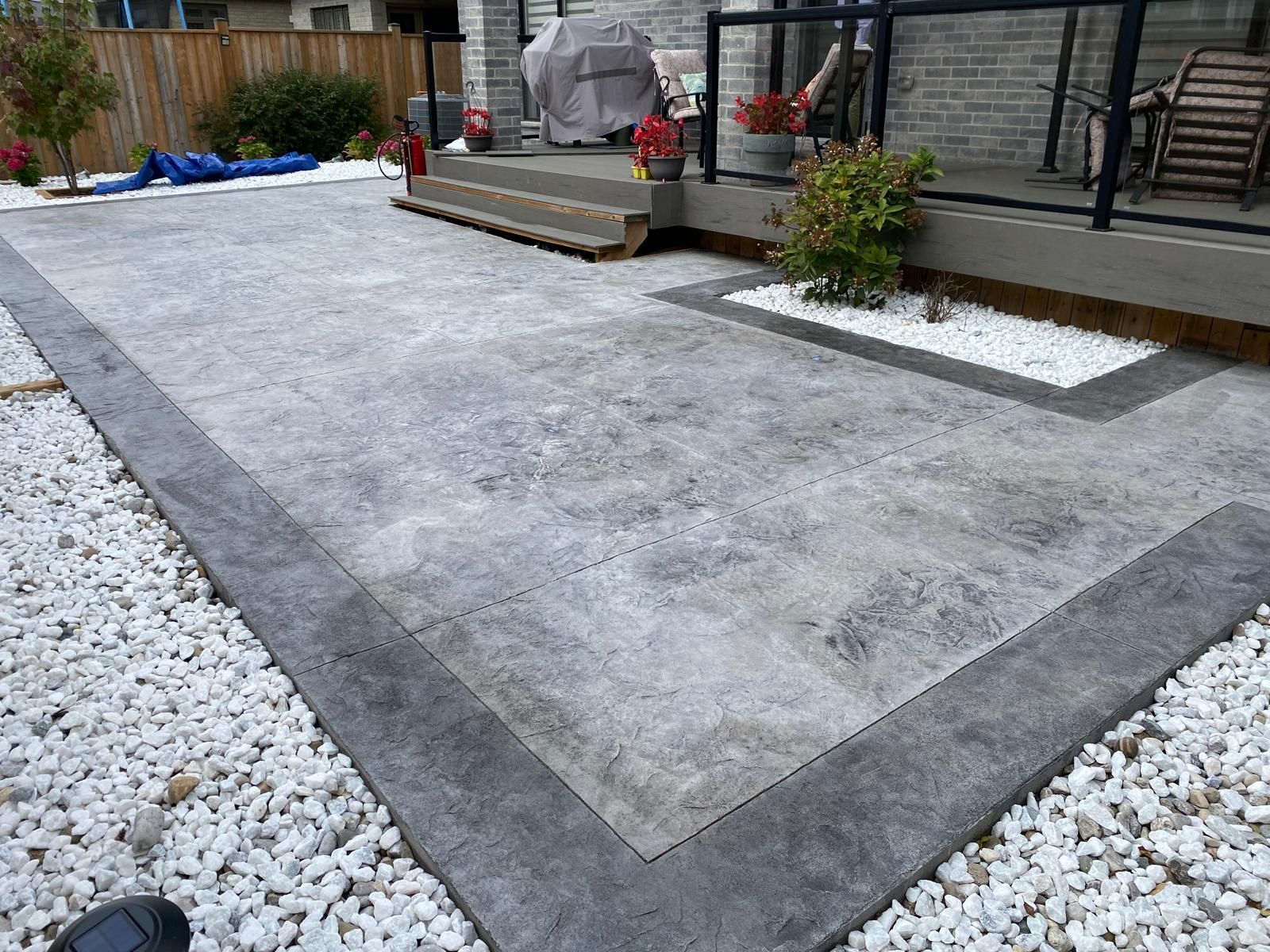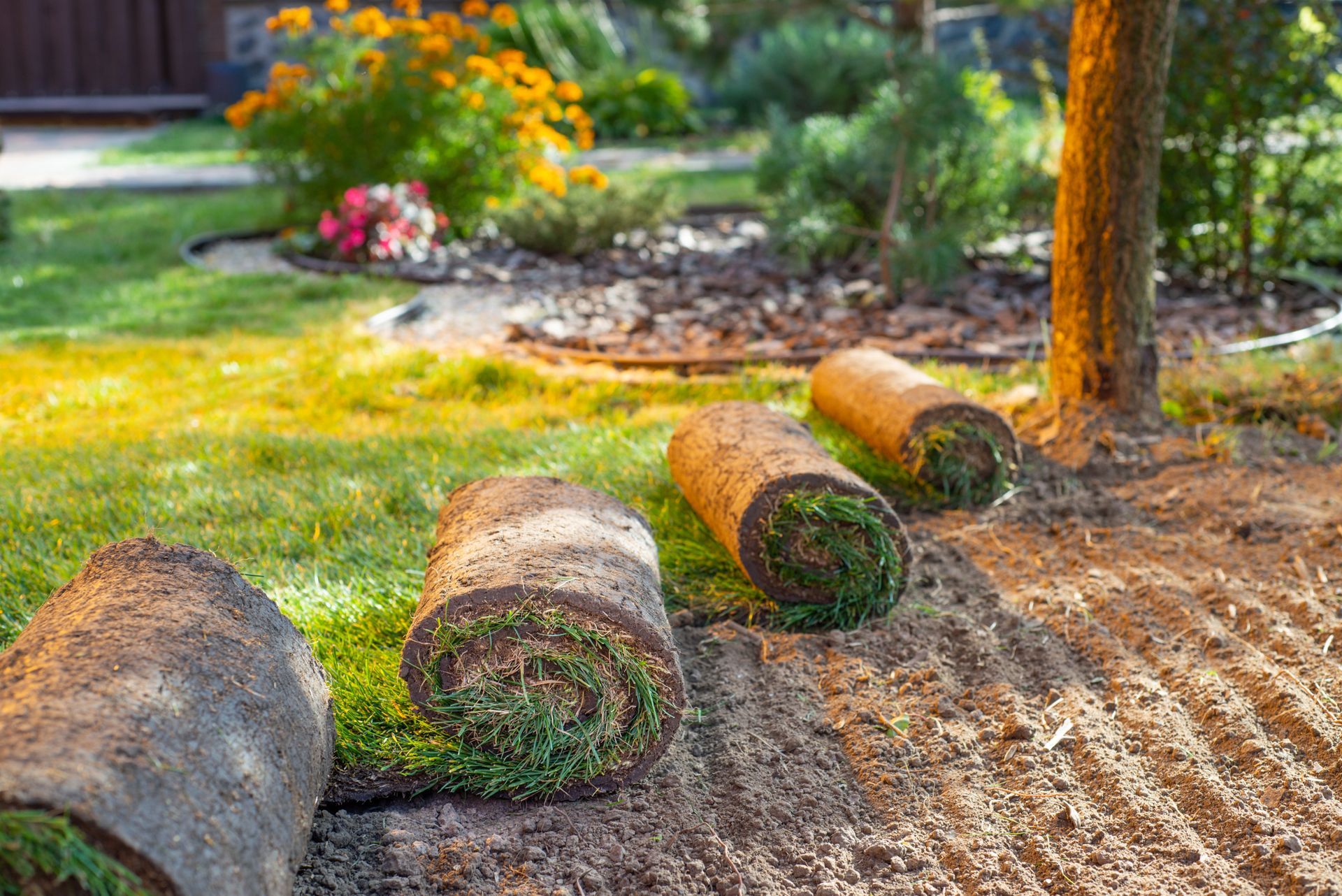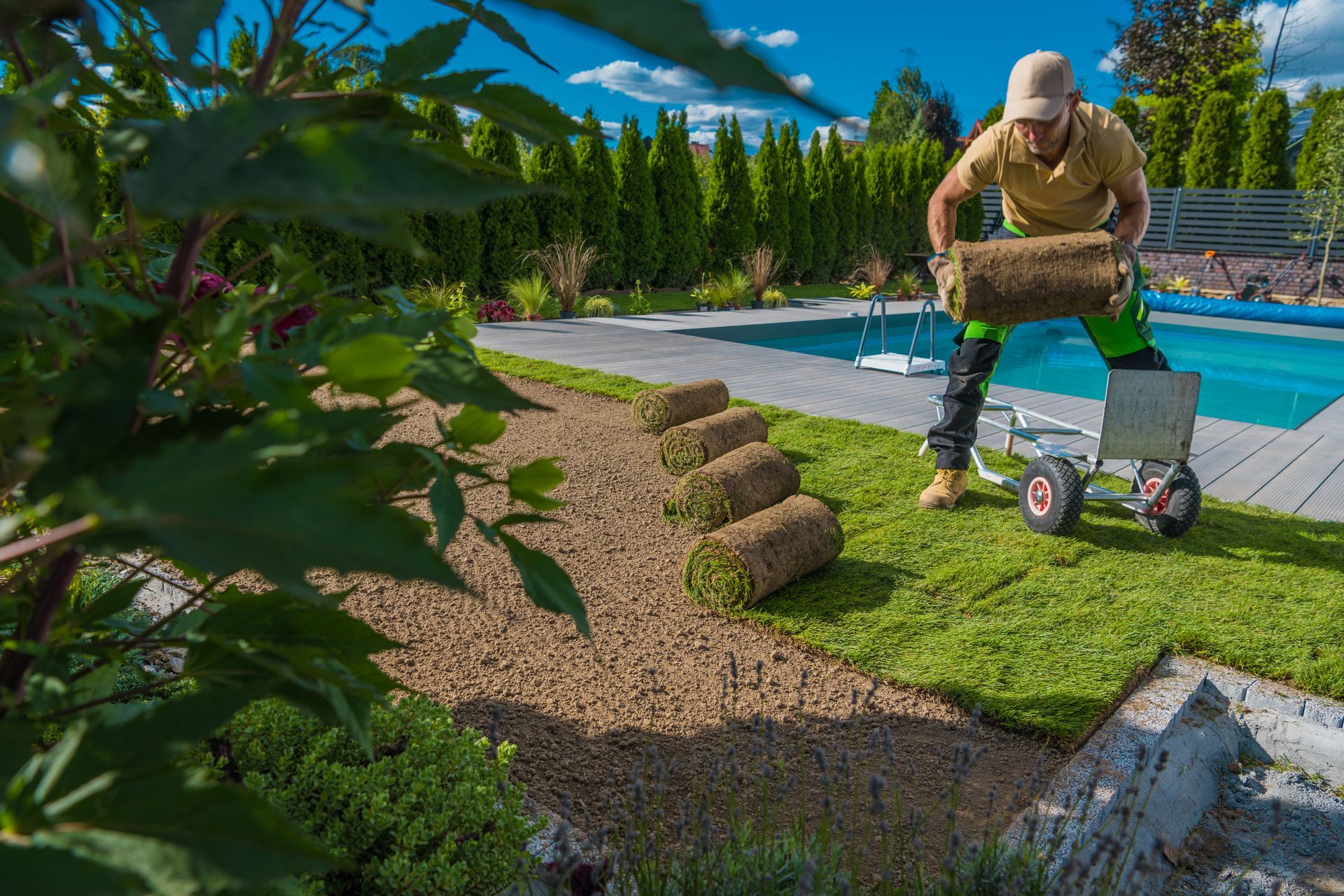Asphalt vs. Concrete | Which is the Best Material for Your Driveway or Patio?
When it comes to choosing the best material for your driveway or patio, the two most popular options are concrete and asphalt. Both materials have their own set of advantages and disadvantages, making the decision a challenging one. However, as the experts at Wildroses Landscaping, we believe that concrete is the superior option for most landscaping projects.
In this comprehensive guide, we’ll explore the pros and cons of concrete and asphalt, and help you make an informed decision for your home or business.
Durability and Lifespan
Concrete is known for its durability and long-lasting properties. It's resistant to weathering, erosion, and heavy traffic, which makes it an ideal choice for driveways and patios. With proper maintenance, a concrete surface can last up to 30 years or more.
Asphalt, on the other hand, has a shorter lifespan, typically lasting around 20 years with proper maintenance. It's more susceptible to damage from temperature fluctuations and heavy traffic, which can result in cracks and potholes over time.
Maintenance and Repair
Both concrete and asphalt require regular maintenance to keep them looking their best and functioning properly. Concrete may need occasional sealing to protect it from stains and deterioration, while asphalt requires more frequent sealing to maintain its appearance and durability.
When it comes to repairs, concrete is the clear winner. Cracks and damage can be easily repaired with patching materials or by replacing the affected section. Asphalt repairs can be more challenging and less aesthetically pleasing, as the repaired areas will have a different appearance than the surrounding surface.
Aesthetics and Design Flexibility
Concrete offers a wide range of design options, allowing you to create a custom look for your driveway or patio. It can be stamped, colored, or textured to mimic the appearance of other materials such as brick or stone. This versatility allows you to create a unique and attractive outdoor space that complements your home or business.
Asphalt, on the other hand, is limited in its design options. It's typically available only in black, which can be a disadvantage if you're looking for something more visually appealing.
Environmental Impact
Concrete is an environmentally friendly option for your driveway or patio. It's made from natural materials such as limestone, water, and aggregate, making it a sustainable choice. Additionally, concrete can be easily recycled at the end of its lifespan, reducing waste and conserving resources.
Asphalt production requires the use of petroleum, which contributes to greenhouse gas emissions and environmental pollution. Furthermore, asphalt is not as easily recyclable as concrete, making it a less eco-friendly option overall.
Cost
The initial cost of a concrete driveway or patio is typically higher than that of asphalt. However, when you consider the long-term benefits of durability, low maintenance, and design flexibility, the investment in concrete is well worth it.
In conclusion, while both concrete and asphalt have their merits, concrete is the superior option for most driveway and patio projects. Its durability, low maintenance, design flexibility, and environmental benefits make it a wise investment for your home or business. Trust the experts at Wildroses Landscaping to help you choose the best material for your project and bring your outdoor space to life.
Ready to make an informed decision for your driveway or patio? Discover the key differences between concrete and asphalt and choose the best material for your needs with Wildroses Landscaping! Our experienced team is here to provide you with a comprehensive guide and professional advice on selecting the perfect solution for your outdoor space. Don't hesitate - contact us today to book your landscape design consultation. Let's work together to create a stunning and functional driveway or patio that you'll be proud of.
